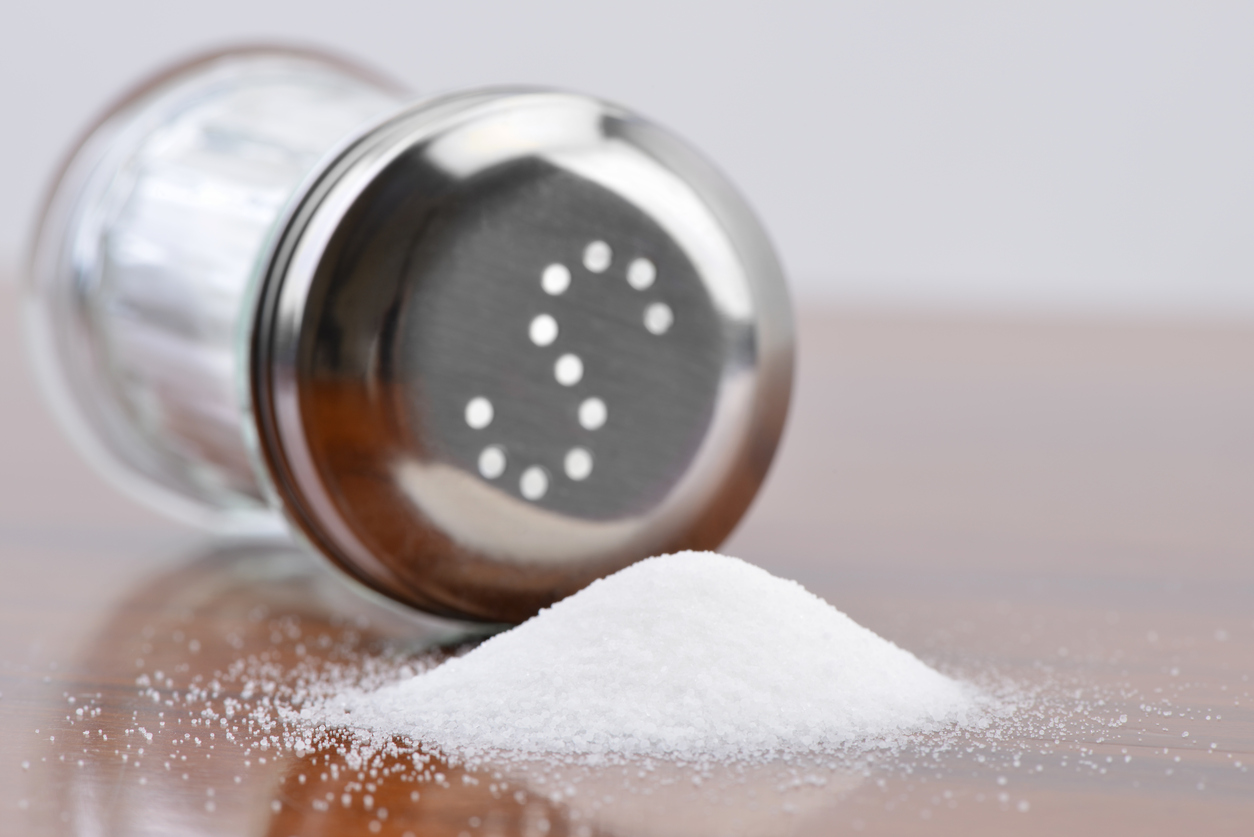Salt might not actually make you thirsty


A free daily email with the biggest news stories of the day – and the best features from TheWeek.com
You are now subscribed
Your newsletter sign-up was successful
Anyone who has ever ordered a large popcorn just for themselves knows that gobbling delicious handfuls of salt makes you thirsty. Or does it? New research on Russians training for space travel has turned everything we know about sodium on its head — in fact, the results appear to indicate that eating salt actually makes you not thirsty at all, but hungry.
"[The study] is just very novel and fascinating," kidney specialist Dr. Melanie Hoenig told The New York Times.
Cosmonauts live in highly controlled facilities to simulate the experience of traveling in space, and scientists dedicate long hours to studying participants' physiology. Dr. Jens Titze first noticed curious and unexplainable fluctuations in crew members' urine levels in 1994, and in 2006 he got a chance to explore his hypothesis.
The Week
Escape your echo chamber. Get the facts behind the news, plus analysis from multiple perspectives.

Sign up for The Week's Free Newsletters
From our morning news briefing to a weekly Good News Newsletter, get the best of The Week delivered directly to your inbox.
From our morning news briefing to a weekly Good News Newsletter, get the best of The Week delivered directly to your inbox.
Titze realized that when crew members ate high-sodium diets, they drank less in the long run but their urine volume increased, indicating bodies were producing water when salt intake was high. By experimenting on mice, Titze realized that the more salt he doled out, the less water the animals drank as increased levels of glucocorticoid hormones worked to break down fat and muscle to produce water internally. Because such a process requires a lot of energy, though, salt led both the crew members and mice to eat more food when on high-salt diets.
But what about that popcorn? Dr. Mark Zeidel, who wrote a companion editorial to Titze's study, told The New York Times that "people and animals get thirsty because salt-detecting neurons in the mouth stimulate an urge to drink. This kind of 'thirst' may have nothing to do with the body's actual need for water."
A free daily email with the biggest news stories of the day – and the best features from TheWeek.com
Jeva Lange was the executive editor at TheWeek.com. She formerly served as The Week's deputy editor and culture critic. She is also a contributor to Screen Slate, and her writing has appeared in The New York Daily News, The Awl, Vice, and Gothamist, among other publications. Jeva lives in New York City. Follow her on Twitter.
